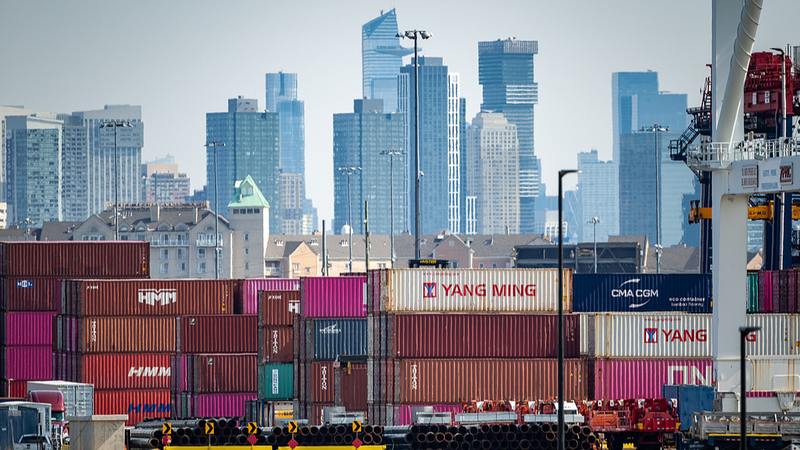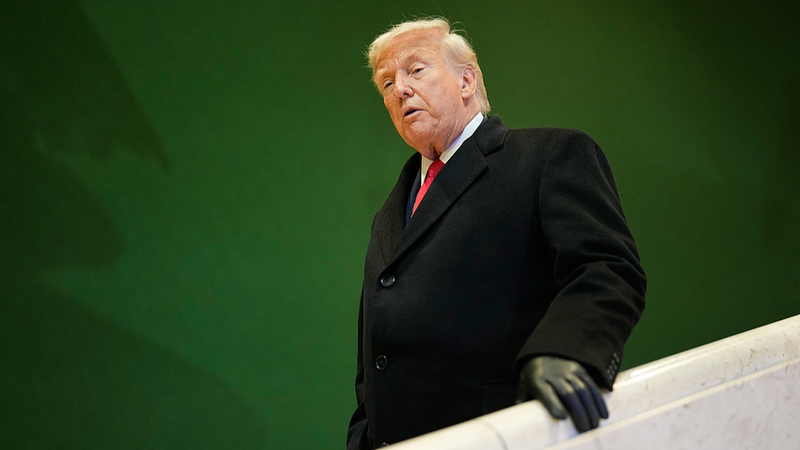The U.S. has long claimed victimhood in global trade, waving the "tariff stick" as a cure-all for its trade deficits. However, a closer look at the data paints a very different picture. Instead of being a trade underdog, the U.S. is emerging as a clear winner—especially when it comes to its booming services sector. 🚀
According to insights shared by WTO Director-General Ngozi Okonjo-Iweala in her piece "America's Big Trade Win," the U.S. runs a remarkable surplus in services trade. In 2023, U.S. services exports topped $1 trillion, carving out 13% of the global total. With nearly $300 billion in surplus projected for 2024, it’s clear that the numbers back up the narrative of a thriving services economy.
What’s even more exciting for our digital native generation is the rapid surge in digital services. With the sector’s value quadrupling from 2005 to 2023 and digital trade expected to push services to 37.2% of global trade by 2040, the U.S. is riding a major wave in the digital revolution. This shift isn’t just about numbers—it’s about innovation, technology, and a new way of doing business that resonates with a tech-savvy, global audience.
Yet, not all experts are on board with the U.S. government’s measures. In an interview with China Media Group, research fellow Victor De Decker from the Egmont Royal Institute for International Relations explained that the hefty tariffs, which the Trump administration hoped would bring manufacturing back home, may actually end up hurting American consumers. In today’s complex global supply chains—where products often arrive in parts before being assembled locally—forcing a rapid reshuffle through tariffs is an oversimplified solution.
For young minds juggling trends in tech, entertainment, and global news, this discussion is a reminder that trade isn’t just black and white. While traditional metrics like trade deficits gain headlines, the real story lies in the dynamic growth of digital and service exports. It's a modern trade saga where innovation and global integration are the real game-changers. 💡
In a fast-paced world where digital transformation is the norm, relying solely on outdated notions of trade victimhood may be missing the bigger picture. As global trade continues to evolve, the U.S. example offers valuable lessons on adapting to a digital and interconnected economy.
Reference(s):
cgtn.com




